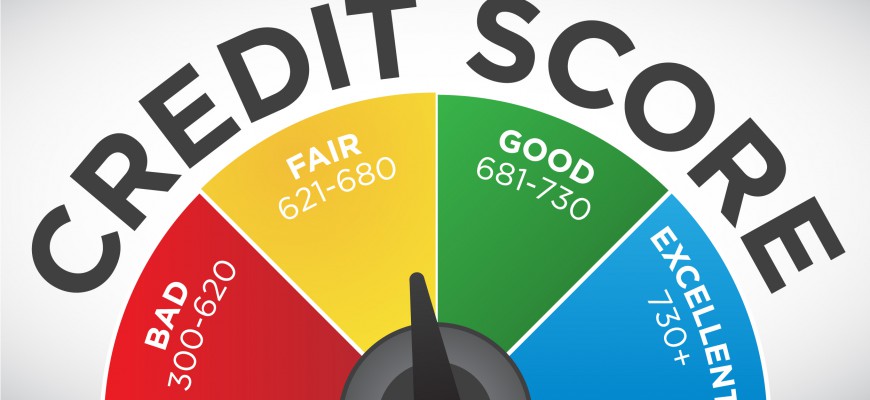Spending Smarts: How to Save Money on Back to School Shopping
It may still be summer, but people are already starting to plan ahead for this year’s holiday shopping. But the second biggest shopping season is by far the back-to-school shopping rush that run through early September, according to the National Retail Federation.
Spending this year is expected to be higher compared to last year, with many parents and students purchasing new electronics for school purposes along with clothing and more traditional school supplies.
The average spending on BTS shopping will be $673.57, up from $630.36 last year. While the cost of heading back to school could be considered high, shoppers can find relief by taking on the task with strategy. Continue reading…






